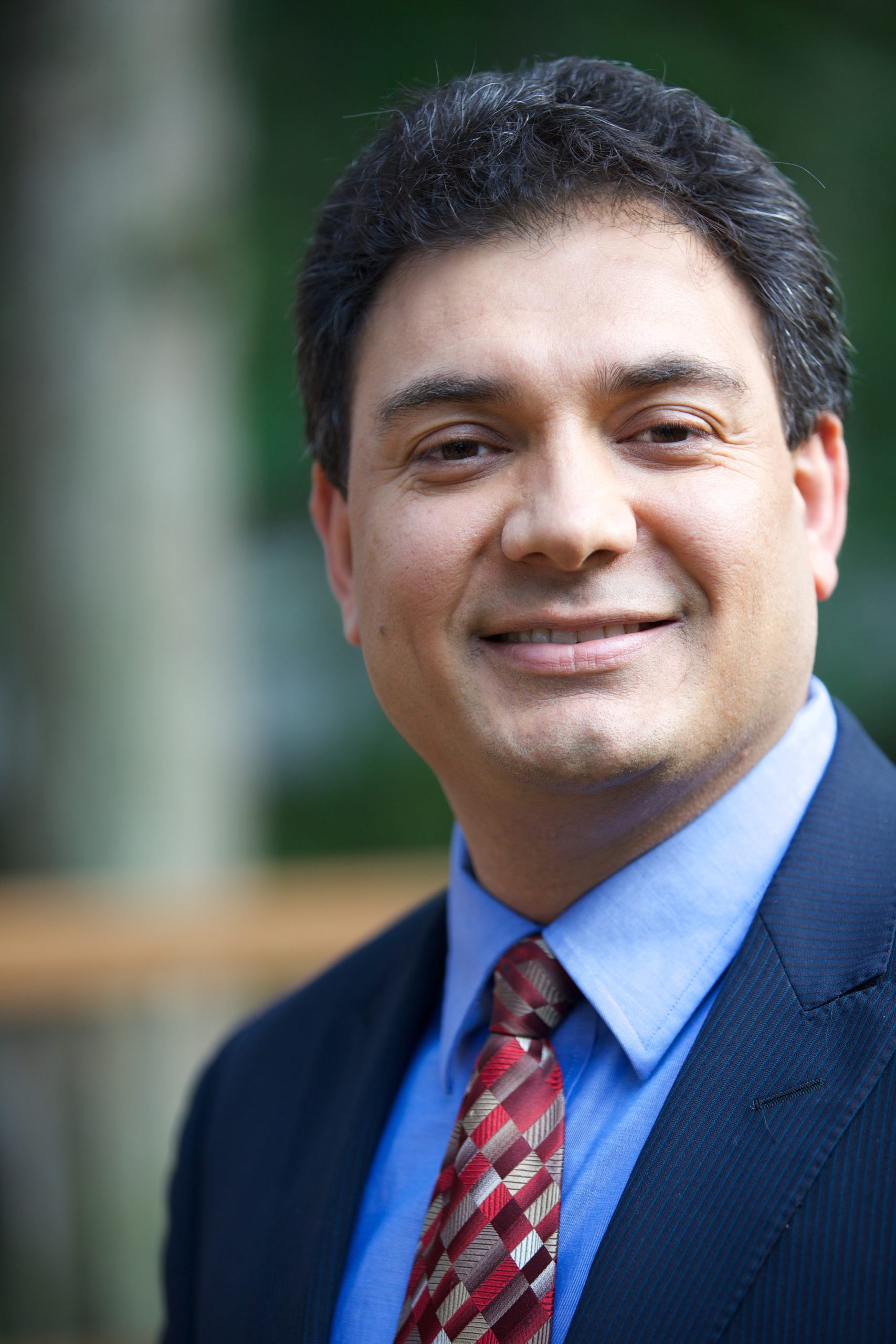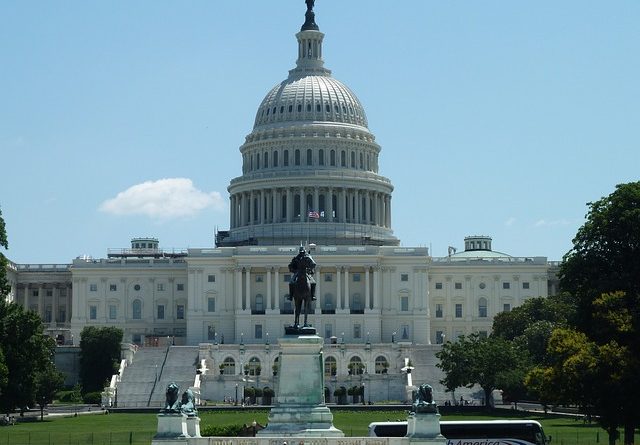Bangladeshis Cross Fingers as Republicans Retake House
The Bangladeshi Diaspora in North America has a newfound reason to acclaim October 14, 2022. On this day, two prominent Congress-members Steve Chabot and Ro Khanna introduced a bipartisan resolution in the 117th US Congress for formal recognition of Bangladeshi genocide of 1971. Although Congressman Chabot lost his re-election campaign during the recent midterm polls; the Bangladeshi-Americans hope, his colleagues will honor Chabot’s efforts and provide closure and solace to the genocide victims by censuring Pakistani military and its Islamist collaborators.
The birth of Bangladesh reminds us of one of the most ruinous genocides of the modern world. It started in the spring of 1971 when the Pakistani government launched the notorious Operation Searchlight to maintain order in its eastern Bengal province. Over the next nine months, Pakistani soldiers massacred approximately three million ethnic Bengalis and raped close to half a million Bengali women. The material destruction and ethnic cleansing was intentional and methodical as the Pakistan army mostly targeted Hindu Bengalis for extermination for their religious beliefs. In addition, a large number of nationalist Bengali Muslims seeking freedom from Pakistan were also slaughtered and raped.
The Bangladeshi parliament observes 25th of March as Genocide Remembrance Day. However, to date, only a handful of UN members have recognized the pogrom as genocide. Bangladeshi government hopes that a deliberation in the US Congress could significantly encourage many other nations to acknowledge Bangladeshi genocide in the same manner as they recognize genocides in Nazi-Germany, Ukraine, Xinjiang, Armenia, Rwanda, Bosnia and Cambodia.
The failure of the international community to censure Pakistan has encouraged succeeding regimes to commence with massacres in other occupied territories like Balochistan, Pakhtunkhwa and Gilgit-Baltistan. A report submitted to the United Nations by Al-Khoi Foundation claims that state-supported Islamist groups have target-killed over 23,000 Shias since 1963 and Shias of all ages have fell victim to murder, torture and displacement. Further, the State has stolen properties from a large majority of the people of Gilgit-Baltistan ensuing in pernicious demographic changes and cultural loss.
Similarly, the Baloch nation has endured five major extermination campaigns with the Pakistani military employing tanks, helicopter gunships and fighter jets to target Baloch ethnic areas. Tens of thousands of Baloch including intellectuals and cultural activists have lost lives to these gruesome attacks. According to the Baloch Human Rights Council, over thirty-thousand Baloch remain missing owing to illegal abduction by the security personnel.
Manzoor Pashteen, the leader of Pashtun Tahaffuz Movement (PTM) says that the Pakistani military has misused the western aid to execute numerous military operations against the Pashtun nation. During the past thirty years, Pakistani military has ruthlessly killed at least seventy-thousand Pashtuns in the name of maintaining law and order and many more were forcefully abducted and remain missing. These operations have annihilated ancestral lands and cultures, and rendered millions of Pashtuns homeless as a large number of them continue to live in miserable conditions in camps.
It’s all just history repeating itself as the Pakistani state conveniently absolves itself of any responsibility for physical and cultural genocides and instead blames the victims for the carnage thrusted upon them. The satisfaction that General Yahya took in slaughtering Bengalis and the pride that Prime Minister Bhutto, General Musharraf and General Bajwa held in killing Baloch and Pashtun show blatant contempt for the moral standards prized by the United Nations through its Universal Declaration of Human Rights.
Despite the clear and loud signaling, the Pakistani state would not own the genocides without an international intervention. Like the Bangladeshis, the peoples of Balochistan, Pakhtunkhwa and Gilgit-Baltistan ask the United Nations to hold Pakistan army accountable for the cold-blooded murder and rape of hundreds of thousands of innocent civilians, and for the illegal disappearances of their youth, and for razing and burning down their localities and ruining their cultures and livelihoods. The families of the genocide victims ask the state of Pakistan to offer an unconditional apology for the crimes against humanity and for trampling on their hopes and dreams. They ask the United Nations to help pave the path for reparations as well as bringing the perpetrators to trials.
Recognizing genocides is first step in rectifying history to help experience true freedom, and to empower those living with shame start a dignified life. Pakistan’s religious minorities and peoples in occupied territories want Bangladeshi genocide to be recognized so they could also hope for a passage to justice. This could offer a beacon of light at the end of what has been an endless gloomy tunnel for the Baloch, Sindhis, Pashtun and Shias.
December 16 is marked as Bangladesh’s day of victory against the Pakistani armed forces. This commemoration necessitates paying tribute to the courage and sufferings of the victims and reminding the world of its duty towards the wronged. This notion of triumph and liberty is however not fully realized if the world fails to convey to Pakistan that never again will we overlook or tolerate such atrocities that were committed to satiate the greed of egocentric rulers. The global arbitrators should take action promptly before the memories of the millions massacred and raped turn to dust.

Senge Sering is the President of Gilgit Baltistan Institute in Washington D.C.

